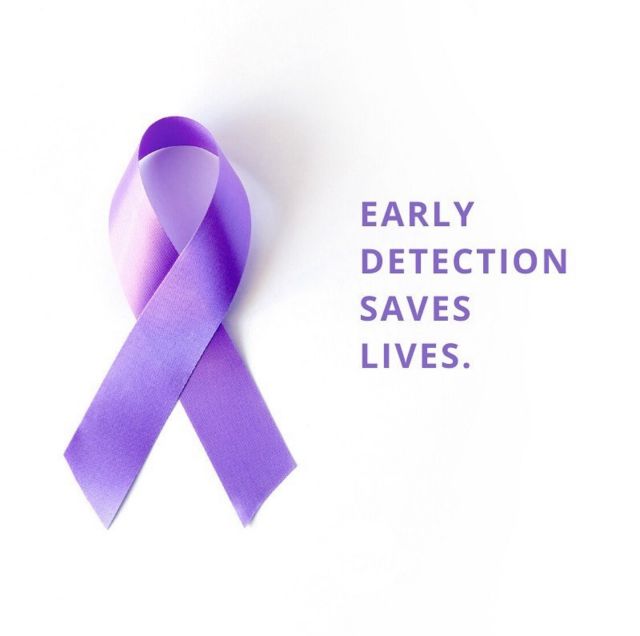Oncologists face a daunting challenge when it comes to pancreatic cancer. Its aggressive nature and the fact that it is usually diagnosed at a late stage, makes it an extremely difficult condition. While researchers continue to explore its complexity, questions are raised about its causes. genetic predispositions. Strategies for prevention. and the support offered by pancreatic cancer charity organizations.
Are Pancreatic Cancers Genetic?
The genetic cause of pancreatic cancer is among of the most frequently asked questions. Although the majority of cases of pancreatic cancer are thought to be sporadic, which means that they are not caused by an apparent hereditary reason, a small percentage of cases have been linked to genetic mutations. Certain genetic syndromes, like familial atypical mole-melanoma, Lynch syndrome and hereditary melanoma are linked to an increased risk of pancreatic carcinoma. Mutations in genes like BRCA1, BRCA2, PALB2, ATM, and others are also linked to pancreatic cancers that are familial. Understanding the genetic causes of pancreatic cancer not only sheds more light on its pathogenesis and causes, but it also aids in screening and risk assessment for people at risk.

Pancreatic Cancer: Prevention and Treatment
In light of the often grim outlook associated with pancreatic carcinoma, it is important to take steps to prevent its onset. While certain risk factors such as race, age gender, and family history are out of one’s hands but lifestyle modifications can lower the risk. Quitting smoking in addition to maintaining an ideal weight, restricting alcohol consumption, and adopting the diet that is high in fruits, vegetables, and whole grains have all been linked to a lower chance of developing pancreatic cancer. Genetic tests and counseling may be beneficial to those who have a history of family or a genetic predisposition to pancreatic cancer. This will help them evaluate their risk and help them determine the preventive actions they can take. Through addressing risk factors that can be modified and promoting early detection through surveillance in high-risk populations, strides can be made in preventing pancreatic cancer, and improving the outcomes.
Pancreatic Cancer Causes
Understanding the root causes of pancreatic cancer is vital to devise effective treatment and prevention strategies. The specific mechanisms involved in pancreatic carcinogenesis are still unknown However, several risk factors are in play. Smoking stands out as one of the main risk factors, accounting for around 20-30% of pancreatic cancer cases. A condition called chronic pancreatitis caused by inflammation of the pancreas has been identified as a precursor to pancreatic cancer. Diabetes, obesity and certain dietary elements, like red meat and processed meat, are also associated with the increased risk of pancreatic carcinoma. The burden of pancreatic cancer can be decreased by addressing risk factors and adopting preventive strategies. Click here Prevent pancreatic cancer
Pancreatic Cancer Charity: A Beacon of Support
It is difficult to overstate the importance pancreatic cancer charities given the variety of issues pancreatic tumors bring. These organizations are invaluable resources that provide assistance, education and advocacy to patients, caregivers, and healthcare professionals. Pancreatic cancer charities offer many services, including financial aid as well as support groups, informational materials, and access to clinical trials. They also play an important role in raising awareness of pancreatic cancer and encouraging the early detection of pancreatic cancer, and advocating for increased research funding and improved care for patients. Pancreatic Cancer Charities strive to make a difference in the fight against pancreatic cancer by encouraging communities’ involvement and cooperation.
Navigating the Landscape of Pancreatic Cancer
Pancreatic Cancer Charity offers assistance services and a complete understanding of genetics. In order to prevent pancreatic cancer, the primary focus is on the possibility of modifying risk factors and the early detection of people at risk. Through addressing the root factors that cause pancreatic cancer, and leveraging the resources offered by pancreatic cancer foundations, significant progress can be made towards improving outcomes, and ultimately decreasing the burden of this condition. As research continues to advance and awareness is raised the chances are there for a brighter future in the fight against pancreatic cancer.